Types of Dogs
Explore the diverse world of dog breeds, categorized by size – large, medium, and small. Each size comes with its unique characteristics and care requirements. Whether you’re looking for a gentle giant, a versatile medium-sized companion, or a petite and spirited small breed, we’re here to guide you through the journey of understanding and caring for these wonderful canines.
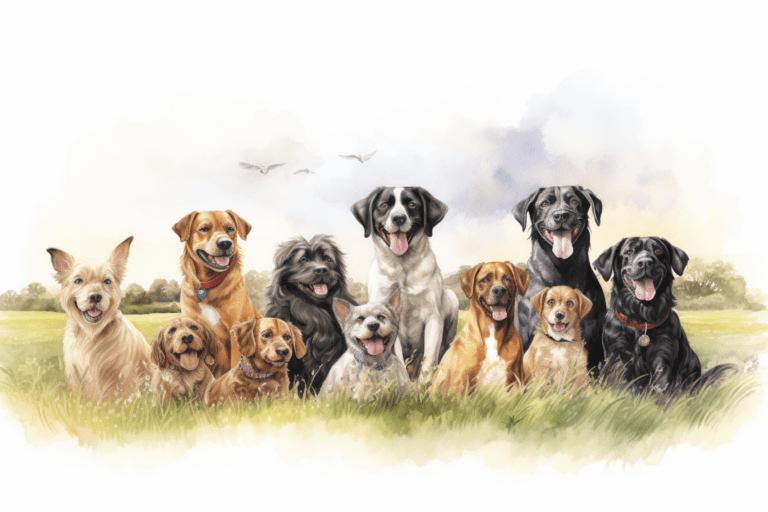

Create timeless bonds with your furry companions. Dogs offer a friendship like no other, filled with loyalty, laughter, and a lifetime of unforgettable memories.
Large Breeds
Understanding the Needs of Gentle Giants
Large dog breeds, like the Irish Wolfhound and the Labrador Retriever, are known for their impressive stature and often gentle nature. Owning a large breed comes with specific considerations to ensure their well-being.
Space and Exercise: Large dogs require ample space to move and a good amount of daily exercise to maintain their health and happiness.
Diet and Nutrition: Proper nutrition is crucial for large breeds, especially to support their joint health and prevent obesity, which can lead to health issues.
Training and Socialization: Early and consistent training is essential for managing the strength and energy of large dogs. Socialization helps them become well-adjusted adults.
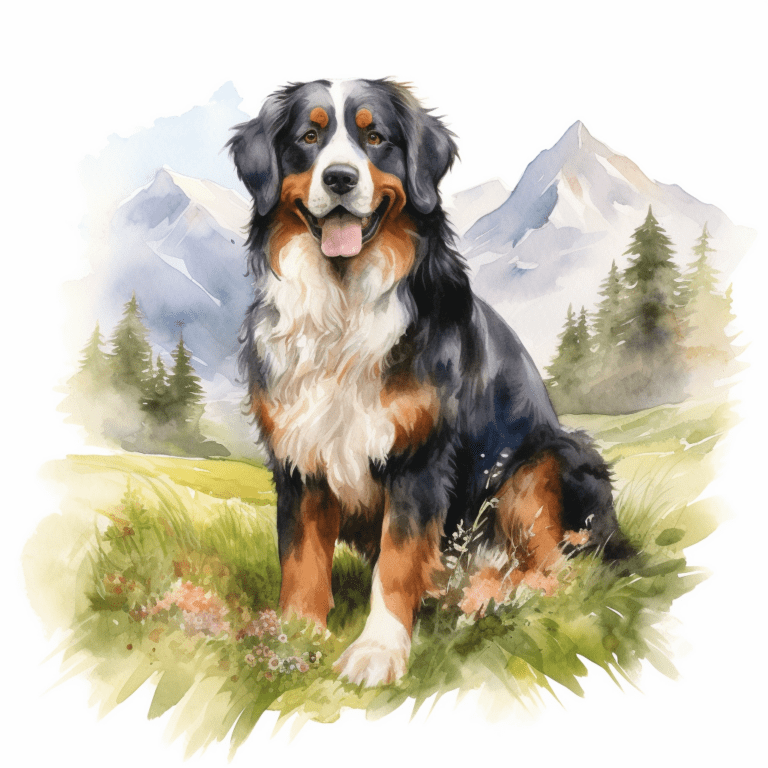

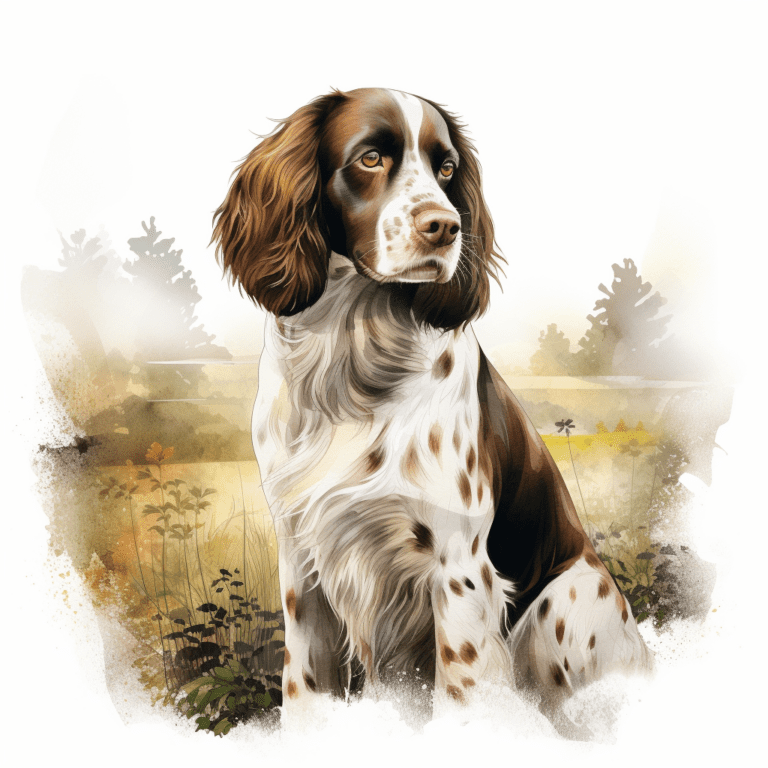

Medium Breeds
The Versatile Companions
Medium-sized breeds, such as the Border Collie and the Cocker Spaniel, offer a balance between the energy of smaller breeds and the strength of larger ones. They can be a great fit for various lifestyles.
Adaptability: Medium breeds often adapt well to different living environments, from apartments with enough exercise to larger homes with yards.
Activity Levels: They typically have moderate to high energy levels, requiring regular exercise but not as much as some larger breeds.
Health Considerations: While generally robust, medium breeds can have breed-specific health concerns. Regular check-ups and preventive care are important.
Small Breeds
Charming Companions with Big Personalities
Small breeds, including the Jack Russell Terrier and the Shih Tzu, are loved for their compact size and lively personalities. They are ideal for city living and for those seeking a smaller companion.
Space Considerations: Small breeds are well-suited for apartment living, but they still need regular exercise and mental stimulation.
Health and Care: While small, these breeds can be feisty and energetic. They may require specific grooming needs and are prone to certain dental and health issues.
Lap Dogs and More: Many small breeds are affectionate and enjoy being lap dogs, but they also have independent personalities and can be quite adventurous.
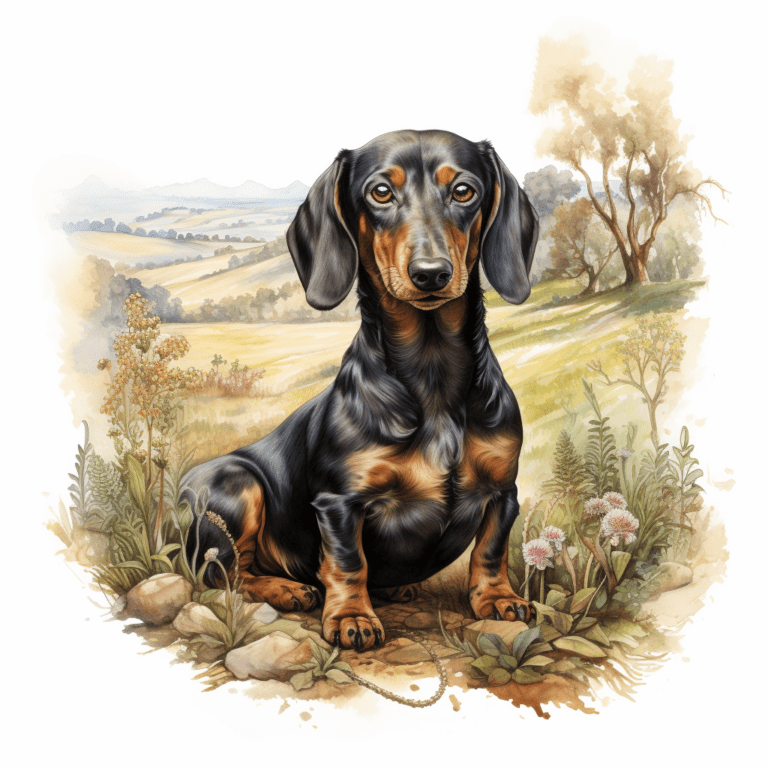

In every bark and playful leap, find a story of loyalty and joy. Dogs enrich our lives with their boundless energy and loving spirit, transforming each day into a tale of happiness and companionship.
Our Latest Posts


Puppy Essentials – Preparing for a New Arrival
Bringing a new puppy home is an exciting adventure filled with love and learning. By following this guide, you’ll be well on your way to providing a safe, nurturing environment for your new family member. Remember, patience, consistency, and love are key to raising a happy, healthy puppy. Embrace every moment of this rewarding journey with your furry friend!
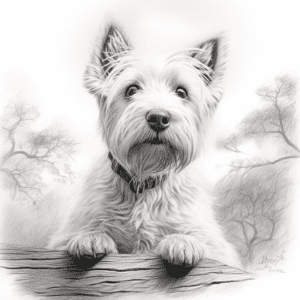

Foods That Humans Eat That Are Toxic to Dogs
As dog owners, we often treat our furry friends as part of the family, sharing our lives and sometimes even our meals with them. However, what’s tasty and harmless for us can be dangerous, even fatal, for our canine companions. It’s crucial to be aware of the human foods that can pose serious health risks to dogs. This knowledge not only ensures the safety of our pets but also helps us make informed decisions when it comes to feeding them.


Understanding and Managing Separation Anxiety in Dogs
Separation anxiety in dogs is a common but often misunderstood condition. It’s more than just a pet missing its owner; it’s a serious behavioral issue that can significantly impact the well-being of both dogs and their owners. Recognizing and addressing this emotional distress is crucial for maintaining a happy, healthy relationship with your canine companion
